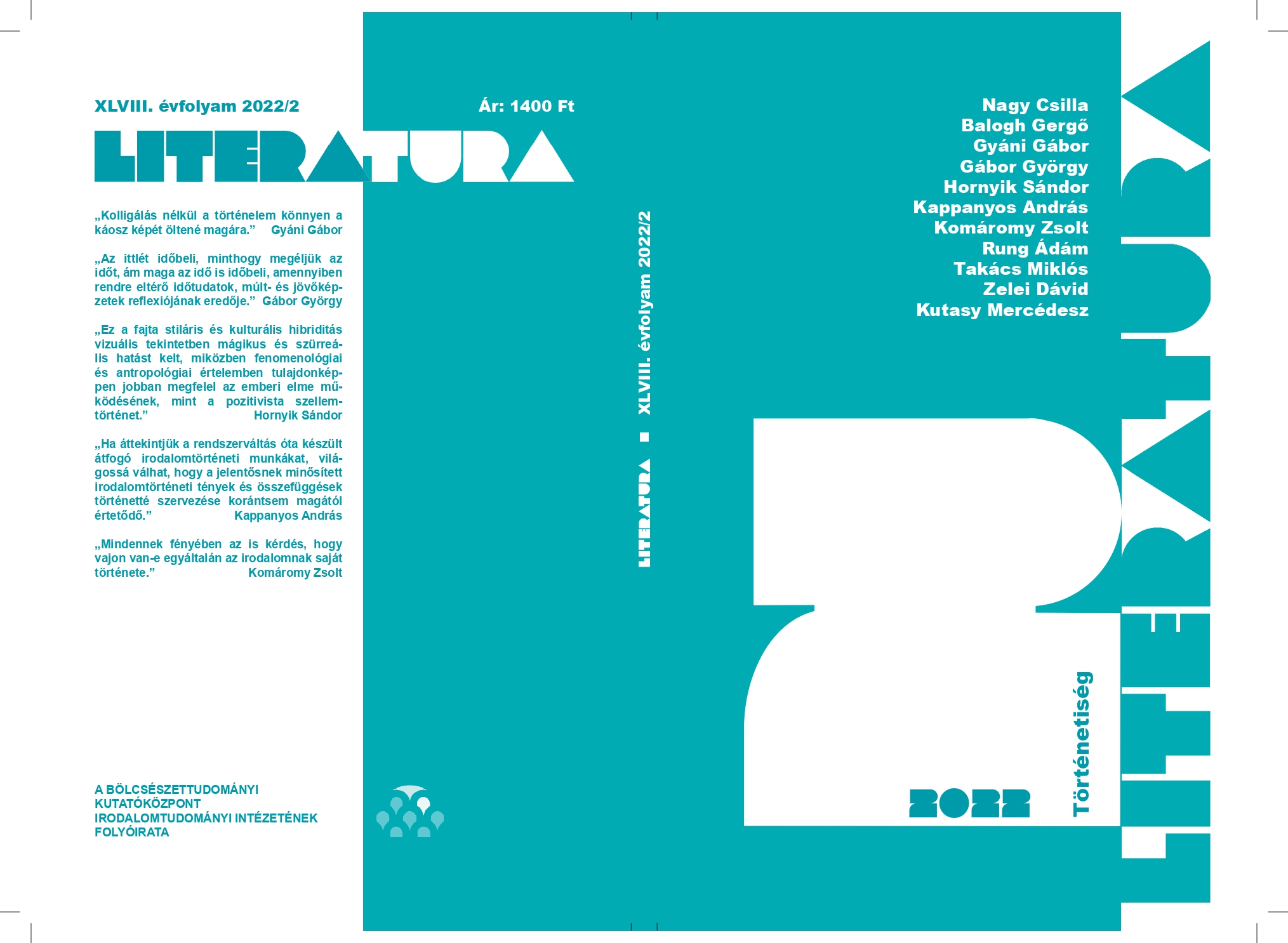A történetiség fogalma a történeti tudományokban
Abstract
Historicity in the Historical Sciences
Not every history writing is apt to apply the notion of historicity, the antique Greek and Roman ones surely do not use it: one cannot find in their narratives the trace of any temporal perspective. Martin Heidegger was the first, who elaborated in his fundamental ontology the concept of historicity, which, however, was already an integral element of the historist historical scholarship. The more recent influential notion of historical temporality was worked out later on by Reinhart Koselleck by postulating among others the concept of the
„contemporaneity of the noncontemporaneous” (Gleichzeitigkeit der Ungleichzeitigen). This suggests that there does not exist an absolut present (and past and future), because the existents of different duration are simultaneously to be found and have their impact all at once at a given point of time. If the thesis is right then one can refute the notion of a teleologically determined linear evolution, which tends to assess any deviation from this as a purely deviant and deformed development. The case is further compounded by Fernand Braudel’s triad notion of historical temporality, which argues that the various existents (events and structures) have different durations. Taken all together it is recommended for historians to take seriously the temporal diversity available at a given moment, and not to try to making any effort for synchronizing the various time strata.
Keywords: effective history, „contemporaneity of the noncontemporaneous”, revival, backwardness, synchronization of the various time strata



